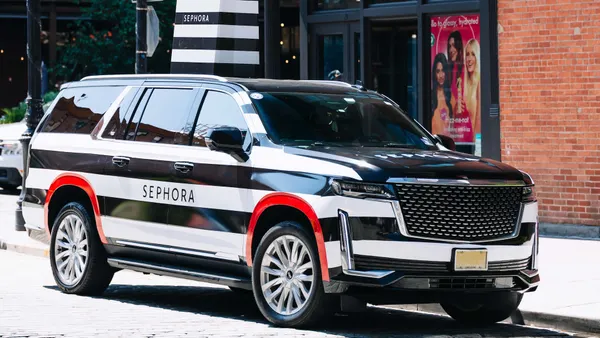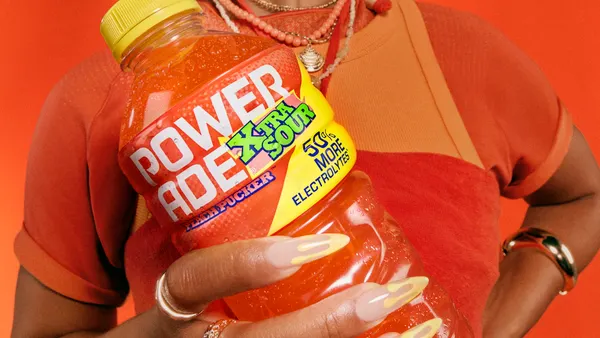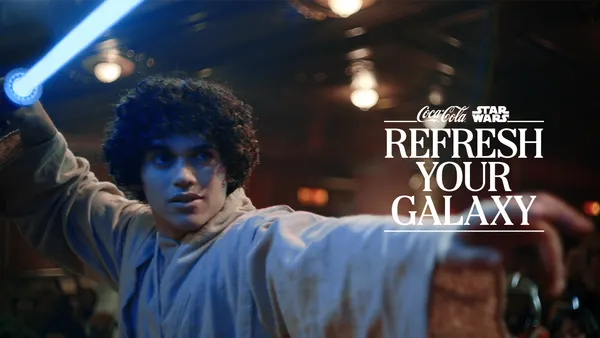Dive Brief:
- Access to the internet has accelerated the brand maturity of Gen Alpha consumers at a higher rate than previous generations, with the young cohort opting for adult-focused brands over "kiddie brands" before they enter their teens, according to a study by marketing transformation agency Razorfish.
- Three quarters (75%) of 8- to 10-year-olds are thinking about mental health, support of which will likely become a major driver of brand affinity and purchase consideration, according to the study, titled "Exploring Generation Alpha: A Look into the Future."
- The study details how the cohort, which is expected to reach 2.2 billion by 2024, is even more committed to purpose, gaming and technology than Gen Z — differences brands can anticipate and plan for now, according to Razorfish.
Dive Insight:
While most marketers are chiefly concerned with how to engage with Gen Z consumers, that focus will soon change as Gen Alpha matures. The fast-growing generation, made up of the under-17 children of millennials and Gen Zers, are already establishing tastes and preferences that could drive their future consumer decisions. Gen Alpha is defined as those born between 2010 and 2024, according to McCrindle Research, the consulting firm that originated the cohort name.
“Gen Z had a profound impact on how brands approached their consumer experiences, but companies need to brace themselves even more for the changes Gen Alpha will infuse,” said Dani Mariano, president at Razorfish, in a statement. “They aren’t just digital natives; these are digital ninjas, and whether brands are ready or not, they’re coming.”
Central to the Gen Alpha identity is a relationship to and adoption of technology that was accelerated by the pandemic, which embedded tech into nearly every part of their lives. More than 40% of Alphas have used a tablet before age 6, with more than half using video game consoles by age 7. The percentage of Alphas who value having the latest technology is more than double the percentage for Gen Z (63% to 31%, respectively).
Accelerated internet access has also caused Gen Alpha to adopt brands seen as adult-focused rather than "kiddie brands," even before entering their teens. Gen Alpha and Gen Z share eight of the top 10 favorite brands, but at different rates, with Gen Alpha preferring Netflix (their top brand), Disney and Nintendo at a higher rate than Gen Z. Meanwhile, nearly half (47%) of Gen Z name Amazon as a favorite brand compared to just 29% of Gen Alpha.
While Gen Z is understood to be concerned with purpose, that is even more true of Gen Alpha. When asked what they want to do when they grow up, a plurality of Gen Alpha chose "to make a difference or help others/planet," over "turn my hobby into a job," "build/create new things," "make lots of money" and "become famous." Similarly, while Gen Z made awareness and openness about mental health part of the cultural conversation, Alphas are prepared to eliminate any remaining stigma completely — a change Razorfish expects will affect brand affinity and purchase consideration.
Another distinction between the generations: Gen Alpha doesn’t see gaming as simply entertainment or a way to relax, and the cohort is two-times as likely as Gen Z to see games as a means of expressing creativity or building things, a finding that could affect brands' experiments on gaming platforms and the still-nascent metaverse.
The Razorfish study relied on both a qualitative analysis of 15 Alpha respondents (ages 8-10) with a mix of gender, race, household income and U.S. locations and a quantitative survey that compared 500 Alpha respondents (ages 8-10) to 464 Gen Z respondents (ages 16-24) with a mix of gender, household income and locations.













